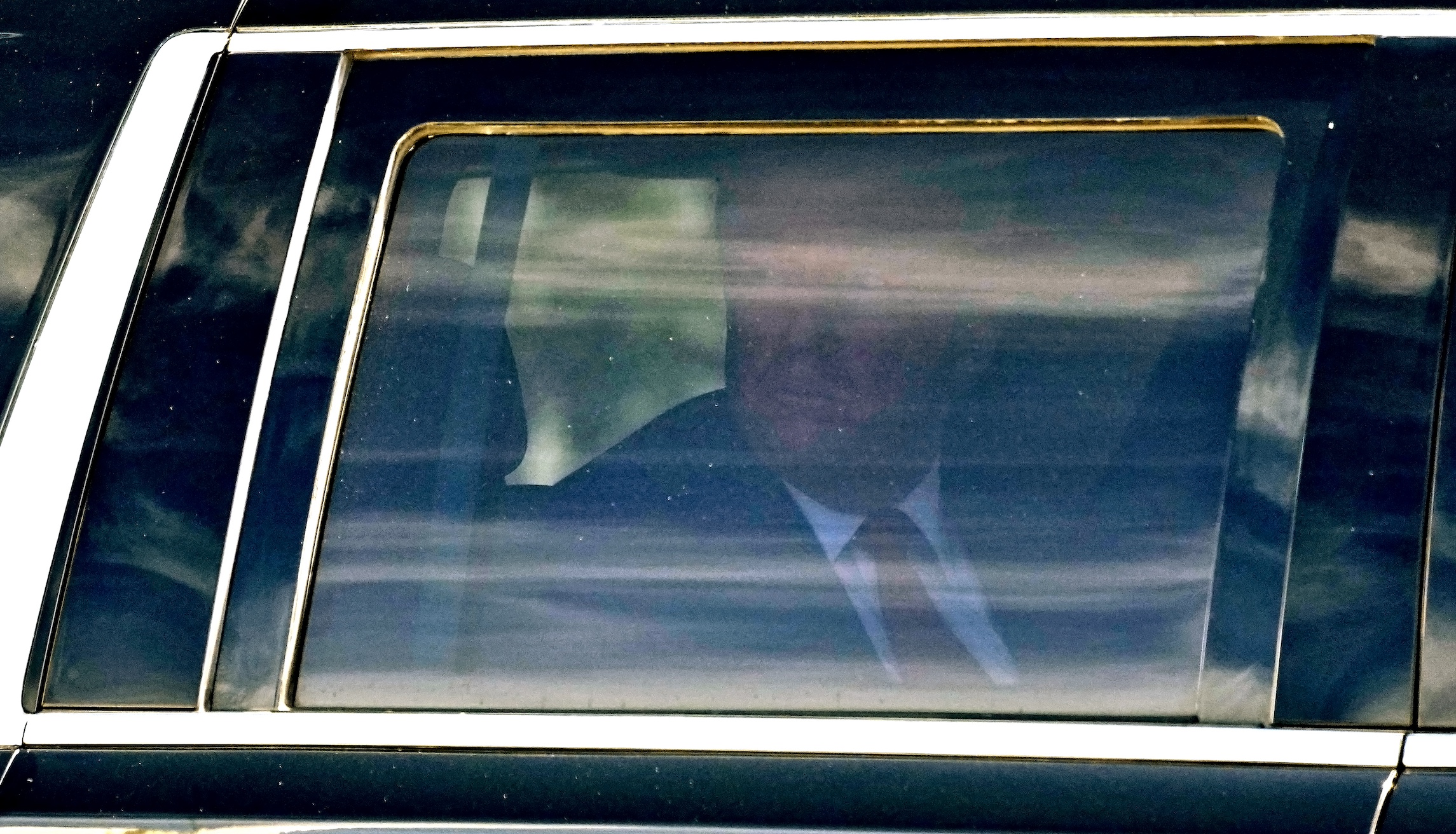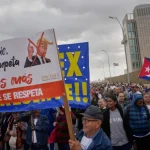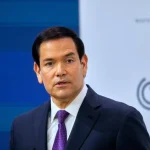

The possibility that former President Donald Trump could evade a criminal trial ahead of the November general election is coming closer to reality.
Trump’s legal team has put in an effort to delay the beginnings of trials as much as possible. The former president has argued in several instances that the various indictments against him are tantamount to “election interference” and that the closer trial dates are to Election Day, the harder it will be for him to campaign.
It’s not clear exactly when Trump will appear for the beginning of trials as opposed to hearings, but a string of victories in the last week appears to be pushing the earliest case near November.
New York — hush money payments
Manhattan District Attorney Alvin Bragg was the first prosecutor to indict Trump, and his case was scheduled to begin on March 25. It was the only trial with a scheduled start date. Trump and his attorneys requested a 90-day delay in the start date to review 73,000 additional pages of records. This week, Bragg supported a 30-day delay himself, greatly increasing the chances the trial won’t begin this month.
“Nonetheless, and although the People are prepared to proceed to trial on March 25, we do not oppose an adjournment in an abundance of caution and to ensure the defendant has sufficient time to review the new materials,” the notice said. “We therefore notify the Court that we do not oppose a brief adjournment not to exceed 30 days.”
“I think there’s now for the first time a real question about whether this case gets tried before the November election,” Elie Honig, former federal prosecutor, said on CNN.
Georgia — RICO election interference
In Fulton County, Georgia, Superior Court Judge Scott McAfee ruled Friday that District Attorney Fani Willis can remain on the case so long as she removes special prosecutor Nathan Wade from the trial. Willis and Wade had a previous romantic relationship causing a months-long delay in the trial.
Trump’s legal team applauded the minor win but said it felt McAfee was not harsh enough on Willis.
“While respecting the Court’s decision, we believe that the Court did not afford appropriate significance to the prosecutorial misconduct of Willis and Wade, including the financial benefits, testifying untruthfully about when their personal relationship began, as well as Willis’ extrajudicial MLK ‘church speech,’ where she played the race card and falsely accused the defendants and their counsel of racism,” Steve Sadow, lead defense counsel for Trump in the case, said in a statement. “We will use all legal options available as we continue to fight to end this case, which should never have been brought in the first place.”
If Willis chooses to remove Wade and remain on the case, the beginning of the trial will arrive sooner than if the entire investigation had to be handed over to a new team. Willis has requested the trial to begin in August, but McAfee has not set a date.
Florida — classified documents
U.S. District Judge Aileen Cannon, a Trump appointee, has been slow moving in the case that came out of an FBI search of the former president’s Mar-a-Lago compound. This week, she ruled against Trump’s argument that he is protected under the Espionage Act.
Cannon has multiple motions to dismiss regarding Trump’s classified documents case and only heard two of them on Thursday. She only issued an opinion on one — dismissing Trump’s claim the Espionage Act didn’t apply to his case. However, her opinion was not final, and she said Trump could challenge it again. Experts believe this is because she did not want Jack Smith to appeal to the 11th Circuit and remove her from the trial
She also remained silent about a specific start date for the trial.
CLICK HERE TO READ MORE FROM THE WASHINGTON EXAMINER
Washington, D.C. — conspiracy to defraud the United States
The Washington, D.C., case stemming from Trump’s conduct on Jan. 6, 2021, is on hold until the Supreme Court issues its opinion on Trump’s immunity claims. The high court is expected to hear arguments on that matter on April 25. It will likely issue a decision in late June.
If the Supreme Court rejects Trump’s immunity claim in Washington, as two lower courts have, U.S. District Judge Tanya Chutakn said the case will require three months before the trial can begin.






